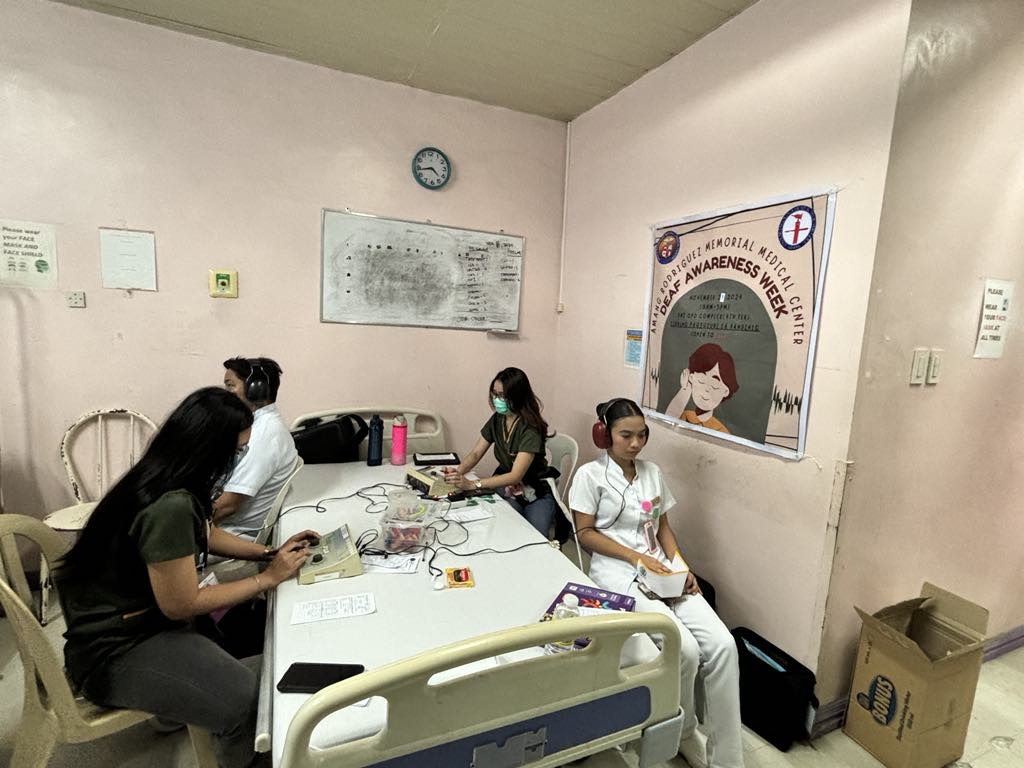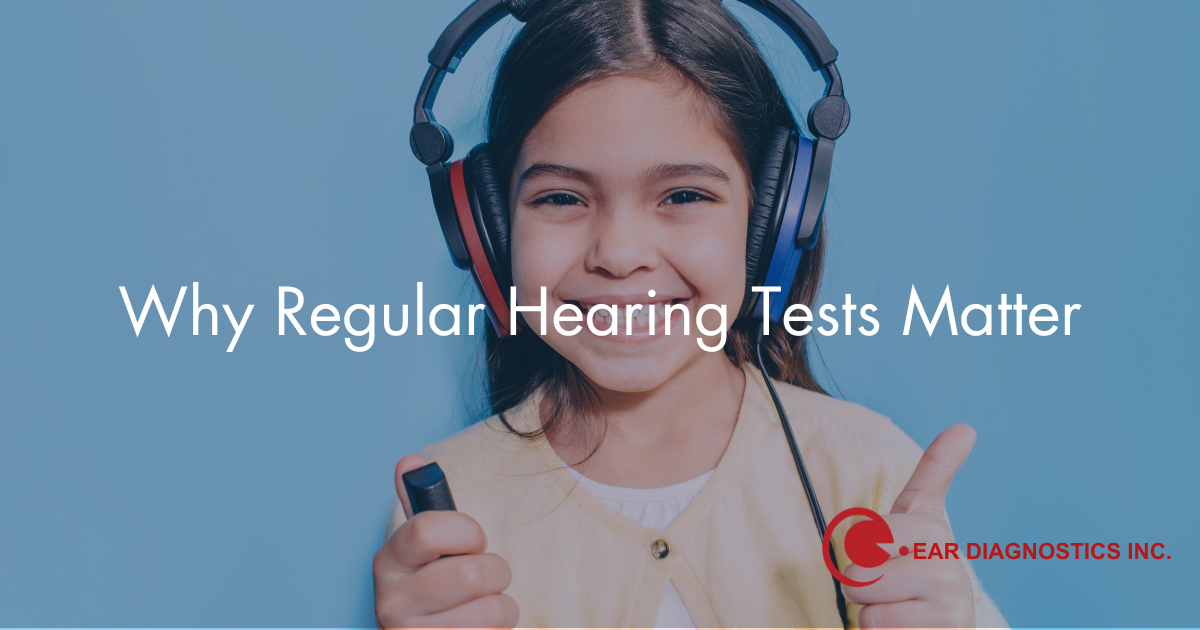Most people think of hearing loss as an issue that only affects their ears, but in reality, the consequences go far beyond difficulty in hearing sounds. Untreated hearing loss can significantly impact your overall health and well-being. In this post, we’ll dive into the surprising effects of hearing loss on various aspects of your health and why addressing it sooner rather than later is crucial.
Cognitive Health Decline
Hearing loss has been linked to a decline in cognitive abilities. When the brain receives limited auditory information, it needs to work harder to interpret incomplete signals. This can lead to cognitive overload, potentially speeding up the decline of mental functions. Studies have found that untreated hearing loss may increase the risk of dementia, as the brain has to reallocate resources to compensate for reduced hearing, leaving fewer resources for memory and thinking.
Social Isolation and Mental Health
The ability to connect and communicate with those around us is crucial for emotional well-being. Untreated hearing loss often makes social interactions difficult, leading to feelings of frustration and isolation. Over time, the reluctance to join conversations or social gatherings can lead to depression and anxiety. The sense of being “cut off” from the people and activities you love can deeply impact your overall mental health.
Cardiovascular Health
Research shows that hearing health and cardiovascular health are closely related. Poor circulation and inadequate blood flow can affect the inner ear, which is sensitive to changes in blood flow. Hearing loss may be a sign of cardiovascular issues, including high blood pressure and heart disease. It’s important to consider that untreated hearing loss could be an early warning sign of underlying health conditions.
Balance and Fall Risks
Your ears play a major role in balance. Hearing loss can disrupt your spatial awareness, making you more prone to losing your balance or even falling. Studies suggest that adults with untreated hearing loss are up to three times more likely to experience frequent falls. Falls are a leading cause of injury among older adults, and addressing hearing loss can help mitigate these risks.
Social Connections
Another major concern is the effect of hearing loss on social connections. Struggling to hear during conversations often results in a withdrawal from social activities. The lack of meaningful social interaction can have a negative impact on both mental and physical health, contributing to a range of issues from loneliness to high stress levels. Healthy social connections are vital to our well-being, and untreated hearing loss can put these connections at risk.
Why You Shouldn’t Wait
If you or a loved one are experiencing signs of hearing loss, it’s important not to ignore them. Seeking professional evaluation and treatment, such as hearing aids or therapies, can improve not only your ability to hear but also your quality of life. Addressing hearing loss early can help prevent these negative health impacts and keep you connected, engaged, and thriving.
Take Action for Better Health
Hearing loss is more than just an ear issue—it’s a whole-body issue. From cognitive function to social interactions, untreated hearing loss can affect multiple aspects of your life and health. If you’ve noticed difficulty in hearing or if loved ones have mentioned that you seem to miss conversations, consider consulting a hearing specialist. Treatment can make a significant difference, not only in how well you hear but also in your overall health and happiness.
Read our latest blog post to learn more about the surprising effects of hearing loss on your health and take the first step toward better well-being today.
References
- Livingston, G., et al. (2020). Dementia prevention, intervention, and care: 2020 report of the Lancet Commission. The Lancet, 396(10248), 413-446.
- Lin, F. R., & Albert, M. (2014). Hearing loss and dementia—who is listening? Aging & Mental Health, 18(6), 671-673.
- Friedland, D. R., Cederberg, C., & Tarima, S. (2009). Audiometric pattern as a predictor of cardiovascular status: Development of a model for assessment of risk. The Laryngoscope, 119(3), 473-486.
- Viljanen, A., Kaprio, J., Pyykkö, I., Sorri, M., & Rantanen, T. (2009). Hearing as a predictor of falls and postural balance in older female twins. The Journals of Gerontology: Series A, 64(2), 312-317.
- Mick, P., Kawachi, I., & Lin, F. R. (2014). The association between hearing loss and social isolation in older adults. Otolaryngology–Head and Neck Surgery, 150(3), 378-384.







